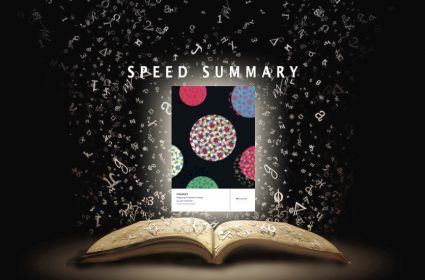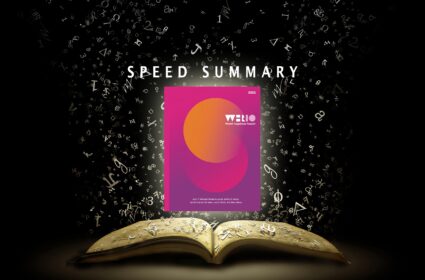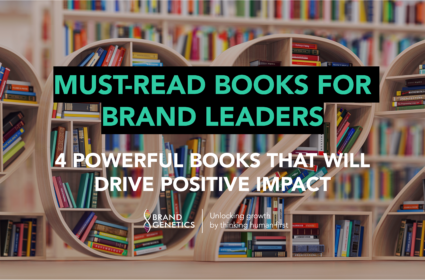Zero to One [Speed Summary]

- Zero to One: Notes on Start Ups, or How to Build the Future
- Author: Peter Thiel & Blake Masters
- Publisher: Virgin
- Publication date: 2014
Competition is for wimps. Real innovation should be about creating monopolies. That’s the central tenet of this season’s bestselling must-read blockbuster on innovation, Zero to One, from PayPal creator and innovation investor Peter Thiel (#4 on Forbes Midas List of 2014 worth $2.2 billion).
Monopolies Mean Profit
Good innovation focuses on delivering value by solving peoples’ problems better, faster, cheaper or more easily. But great innovation does something more – it also maximises profitability by preventing competitors from entering the fray – through a mix of unique understanding, proprietary technology, network effects, economies of scales and compelling branding. Protecting yourself from future competition so you can continue to extract value, as well as deliver value is key to great innovation. Together, extracting (sustainable) value and delivering value make up the double helix DNA of great innovation.
In practice, what all this means is that every innovation project should be begin with the question “how can we build a monopoly” – a question upon which PayPal and Google were built.
Dump Disruptive Innovation
Zero to One also argues that ‘disruptive innovation’ is bad innovation because it is rarely profitable. Disrupting existing markets with a better, faster, easier or cheaper product increases competition and has a rationalising effect on a market – reducing the ability to extract value. In other words, disruptive competition kills profitability. So instead of disrupting markets, innovators should focus on creating new protected markets – be first-movers in zero-to-one markets – and use their first mover advantage to place traps and barriers to sabotage competitors.
The ‘Secret’ Insight
Successful ‘Zero to One innovation’ (new-market innovation) begins with finding a contrarian truth about the problems people face – something that goes against received wisdom. This contrarian truth is a secret to innovation success because it provides a conceptual stumbling block or barrier for potential competitors. From this perspective, insight is all about finding and building on a ‘secret’ insight; a secret truth that very few people agree with you on. Contrarian insight is the key to successful insight-led innovation.
The BG Take
Zero to One is targeted primarily at startups and investors, but the insights are useful for consumer innovation. The idea of ‘contrarian insight’ – that insight goes against grain – is especially useful. From this perspective, insight hunting is about searching for, and debunking dominant market myths – not ‘fresh’ thinking. For innovation itself, the idea that we should focus innovation not only on delivering consumer value, but also how we are going to extract value (in a protectable) way is absolutely key. Every innovation program would benefit from asking this core question. Recommended.



